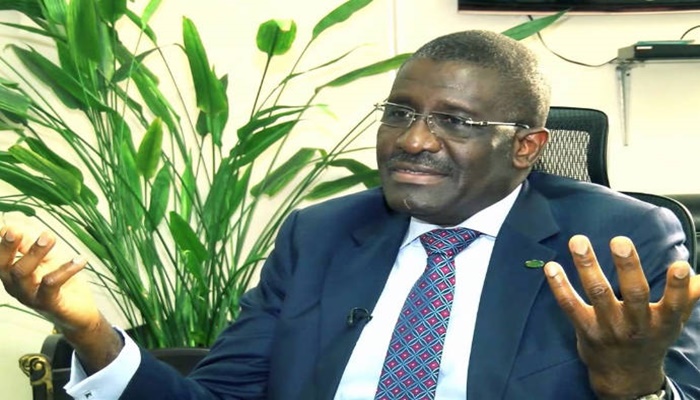
The Bank of Industry (BoI) said it has disbursed N95 billion to 400 enterprises in the first half of 2016. This is line with its commitments to rev up its operations in support of Federal Government’s policies and programmes as well as those of state governments partnering with the bank.
Speaking at the yearly general meeting of the bank in Abuja, the bank’s Acting Managing Director, Mr Waheed Olagunju stated that as part of measures to rev up its operations, the bank is strengthening its collaboration with its foreign and domestic partners including community based organisations to deepen the bank’s credit delivery process and financial inclusion initiatives.
According to him, the bank is on course in 2016 to surpassing the N83.5 billion that was disbursed in 2015.
“As at the middle of the current year the bank had approved loans totalling N95 billion to more than 400 enterprises and is working assiduously to approving more loans in the second half of 2016 and ultimately meeting the institution’s disbarment target of N212 billion that could potentially lead to the creation of almost 1 million jobs in addition to the 1.6 million projected under the Government Enterprise and Empowerment Programme”, he said.
He added that at the rate 2.6 million jobs every year, BoI’s interventions could generate more than 10 million jobs over the next four years which is what is required to reduce the unemployment rate in the country to single digit.
Bhe bank’s earnings for the year showed that it recorded a profit after tax of N47 billion for the year ended December 31, 2015, representing an operating profit of N11.9 billion up by 100 per cent from N6 billion achieved in 2014 and an exceptional income from the gain on sale of some equity securities of WAMCO shares.
The Minister Industry Trade Investment, Dr Okechukwu Enelamah commended the bank for its sustained impressive performance since its inception fifteen years ago and also charged it to brace up to the increasing responsibilities that are being assigned to it in Nigeria’s economic development process especially the implementation of the Nigerian Industrial Revolution Plan (NIRP), the National Enterprise Development Programme (NEDEP) and the Government’s Enterprise and Empowerment Programme (GEEP).







Comments are closed.